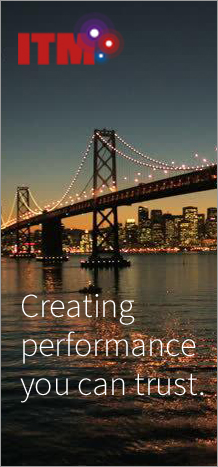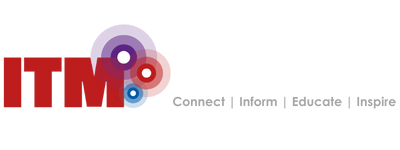Following the creation of global distribution systems (GDS), travel agents have used increasingly different GDS systems to aggregate content. In recent years the rise of online retail has impacted the travel industry through the creation of Online travail agents (OTAs). This has now evolved to the creation of metasearch companies that compare rates without delivering the actual service of booking.
The interconnection between the different players has contributed to the distribution complexity and fragmentation as services can be provided directly or indirectly through intermediaries.
Airline:
The rise of low cost carrier and the increased need of product differentiation through enriched content from the more mature carriers have shaped the airline industry in recent years.
Key to airlines wishing to distribute away from the GDS is their New Distribution Capability (NDC). This is an IATA led industry initiative to develop an XML-based language standard protocol for communications between airlines and travel agents. 60% of airline ticket sales by value are sold by travel agents (including travel management companies and online travel agencies (OTAs).
Tickets sold via travel agents today cannot offer fare bundles or a la carte products such as priority boarding, a free checked bag or extra loyalty points. XML makes it easier, faster and cheaper to provide the customer with more information about fare alternatives, ancillary services, on board amenities and graphics such as pictures or seat maps.
Hotels and car rental companies:
Hotels and car rental companies are continuously adapting to the evolution of the market driven by the shared economy. The larger chains are consolidating the market to offer a wider range of products and brands to consumers. The change of consumer expectations and increased use of new technologies like mobile devices are also driving innovation in the distribution field.
Open travel alliance is a non-profit association and its primary focus, like NDC, is to create an electronic message structure to facilitate communication between the disparate systems. OpenTravel creates, expands and drives adoption of open specifications, including but not limited to the use of XML, for the electronic exchange of business information among all sectors of the travel industry.
AI and big data are offering a broader range of opportunities which are being used in favour of the different players in the distribution field and will continue to shape innovation in the distribution field.
ITM encourages any increased opportunity for product and service innovation across the industry, leading to less fragmentation of content. However, whilst ITM can see the benefits in a B2C environment, we have yet to see if NDC will create any real benefit for the corporation who is paying for travel. Is this just an opportunity to reduce airline distribution costs at the expense of the buyer in the form of reduced-price transparency and more complexity in the distribution process? It is key that if implemented, the ITM Buyer membership is fully aware that some of the distribution cost savings should be reflected in future airline price negotiations.
Buyers will continue to seek access to full content, transparency, consistent delivery of competitive pricing, appropriate safeguards to unauthorized buyer profiling and consistency across all distribution channels. All these key factors are seen as 'must haves' in any distribution channel which enable travellers to make informed buying decisions.
The ITM are particularly concerned in regard to any pricing based on planned traveller profiling which could disadvantage the corporate buyer. This could result in differentiated pricing for travellers that will drive business travellers to unknowingly violate their company's travel policy and raise airfare costs for corporates without their knowledge or consent.
ITM will continue to stay closely involved in developments on NDC, engaging with supplier partners (Airlines, GDS and GTMC) as well as our partnership with GBTA Europe, to ensure buyer interests are at the heart of these developments. In the meantime, ITM expect TMCs to be proactively communicating to their customers what NDC will mean for TMCs and their clients.
Ultimately buyers need to be able to control the output from suppliers and not allow them to upsell for example which could add extra cost.
Useful links:
https://www.iata.org/whatwedo/airline-distribution/ndc/Pages/default.aspx
https://www.htng.org/default.aspx?page=Workgroups
https://opentravel.org/



